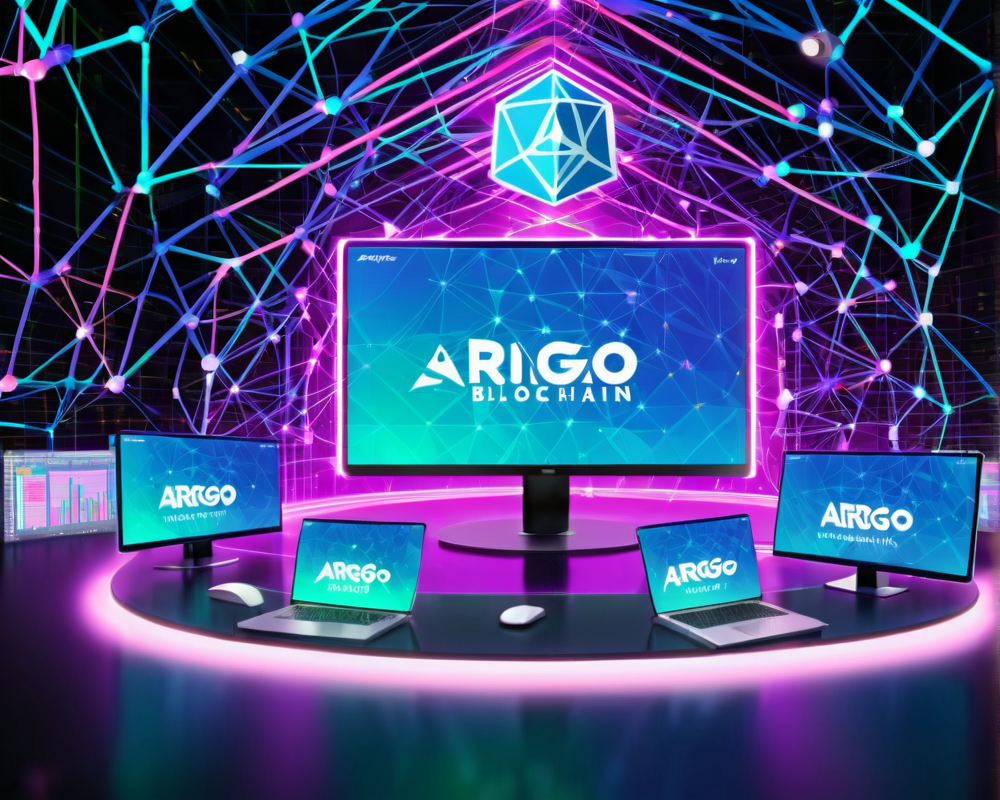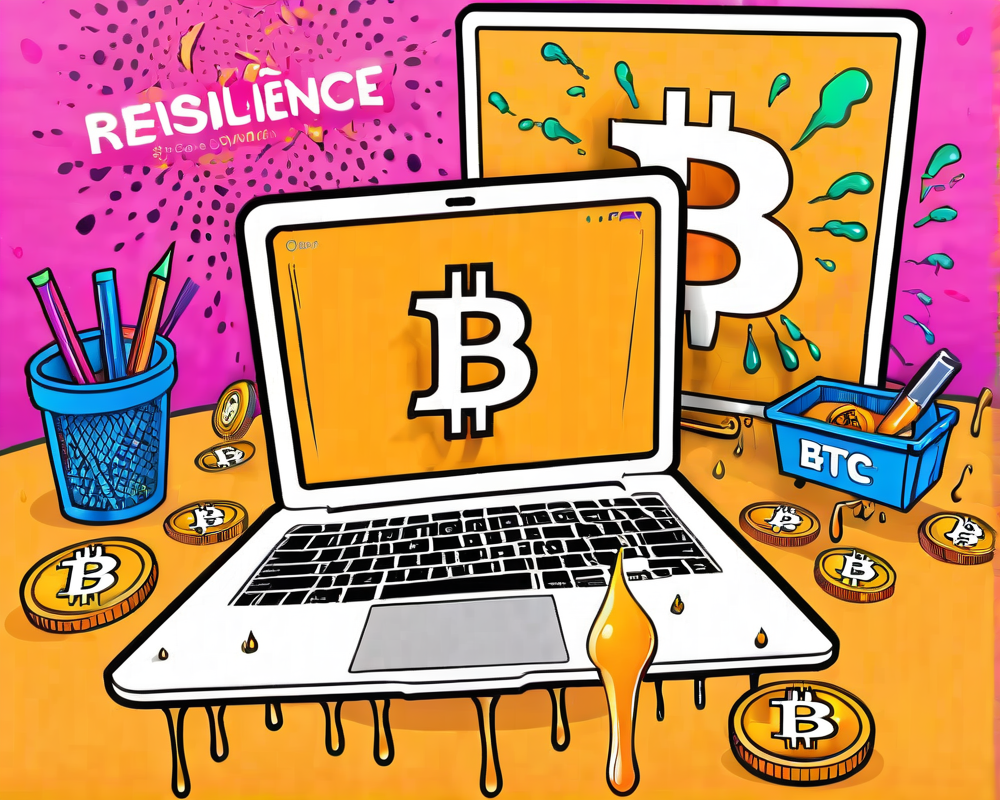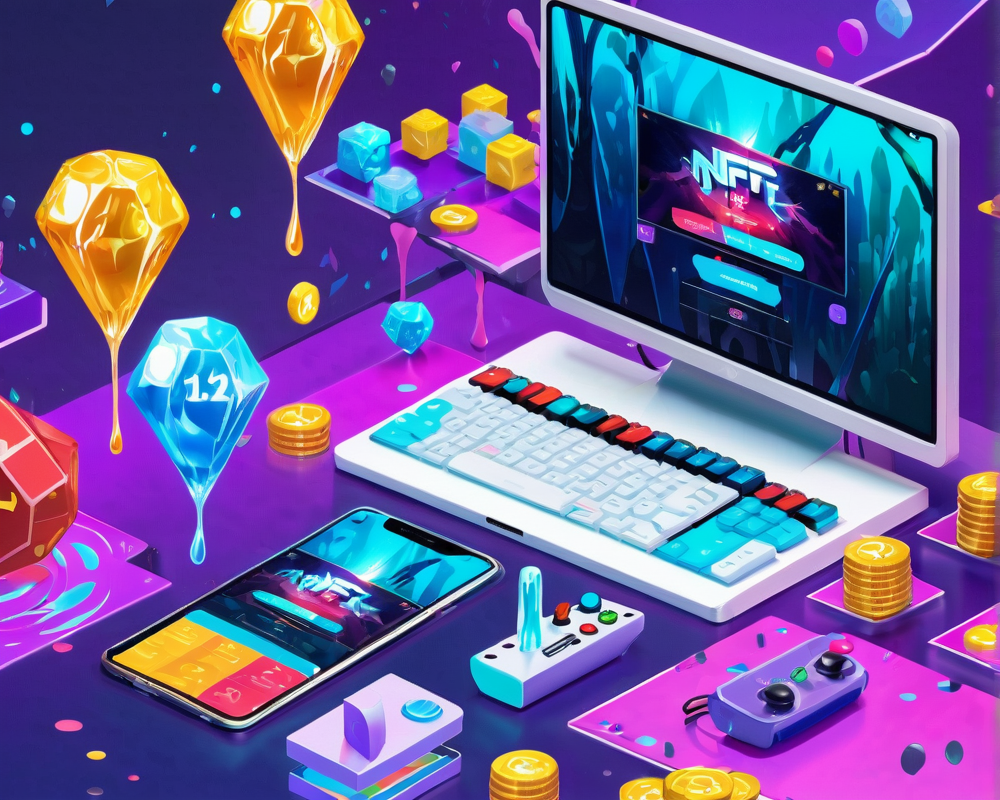Unlocking Blockchain Potential: The Philippines’ New Training Initiative for Government Experts
Introduction to Blockchain Training Initiatives
The Philippines is diving into the world of blockchain technology, and it’s not just about cryptocurrencies anymore. The Department of Science and Technology (DOST) is rolling out a program aimed at training researchers and government personnel to explore innovative blockchain applications. Think healthcare, financial support, and even the issuance of official documents like passports. Talk about modernizing the bureaucracy!
The Target Areas of Blockchain Application
Enrico Paringit, a DOST official, has laid out ambitious goals for this training. The focus isn’t solely on crypto but rather on practical, everyday uses for blockchain technology:
- Healthcare: Ensuring secure patient data management and information sharing.
- Emergency Aid: Streamlining the distribution of resources during crises.
- Government Efficiency: Enhancing the processes of issuing passports, visas, and maintaining public records.
Imagine a world where applying for a visa is as easy as sending an email—dare we dream?
Building Local Expertise
While the vision is set, there’s a little hiccup in execution: local expertise. According to Paringit, the DOST is not just training people but is looking to generate a pool of blockchain specialists who can pioneer these applications. Gaining skills in this domain is paramount, especially since the local talent pool currently lacks experienced blockchain professionals. It’s like trying to build a spaceship with just rubber bands and glue!
Government Officials Weigh In
Fortunato de la Peña, the Secretary of Science and Technology, weighed in on the importance of this initiative, branding blockchain as “an important emerging technology.” His endorsement reflects a growing recognition that embracing this tech could leapfrog the Philippines into a new age of digital governance and financial services.
Recent Developments in Digital Finance
Speaking of digital advancements, the nation is already seeing growth in this realm. Earlier this year, PayMaya—a popular digital payment platform—unveiled a feature allowing users to trade cryptocurrencies like Bitcoin and Ether. This adaptation demonstrates that Filipinos are not just passive consumers of technology; they are actively engaging with new digital finance solutions. Voyager Innovations, the parent company of PayMaya, recently saw its valuation skyrocket past $1 billion, emphatically proving that there’s a robust market for digital finance in the Philippines.
Conclusion: A Bright Future Ahead
With strong government backing and a clear vision for the future, the Philippines is set to embrace the various applications of blockchain technology. By training a new wave of specialists, the DOST aims to bolster its digital landscape, ensuring that the country is well-prepared to tackle the challenges of the future. Now, let’s just hope they don’t get blockchain mixed up with the latest TikTok trends!




